50 Math Problems for Kindergarteners
Practice your math skills with these 50 math problems for kindergarteners, covering counting, addition, subtraction, place value, measurement, and geometry! Answers included.

Author
Michelle Griczika
Published:
Oct 2024
Key takeaways
- • In kindergarten, mastering counting and understanding the basics of addition and subtraction set the foundation for future mathematical concepts.
- • Utilizing visual aids, like ten frames and shape recognition, can significantly aid in understanding numbers and geometric shapes.
- • Consider using our math app to supplement your child’s kindergarten math skills.
Get ready to take on 50 kindergarten math problems! These exercises are designed to help young learners develop essential math skills while exploring counting, basic addition and subtraction, shape recognition, place value, and measurement in a fun and interactive way.
We’ve put together 50 engaging math problems for kindergarten to prepare your young learner! These exercises cover five essential skills that every kindergartner needs to master before stepping into first grade. They include:
- Counting: a foundational skill introduced in kindergarten.
- Addition and Subtraction: which start to build numerical skills in kindergarten.
- Place Value: designed to set a strong foundation for the basis of our number system.
- Basic Measurements: introduced to help kindergarten students understand size and comparisons.
- Shape Recognition: a key area designed to help kindergarteners identify basic shapes.
From geometry problems to counting practice, we have a mixture of kindergarten math word problems for your child to practice at home. Once you are done, check your work with our answer sheet.
Let’s dive in!
Table of contents
Section 1: Counting
Counting helps us understand numbers and how many things we have, like siblings or how many steps we take.
Answer: 18
Answer: 20
Get more math practice problems with DreamBox Math
DREAMBOX MATH
Get started for FREE today!
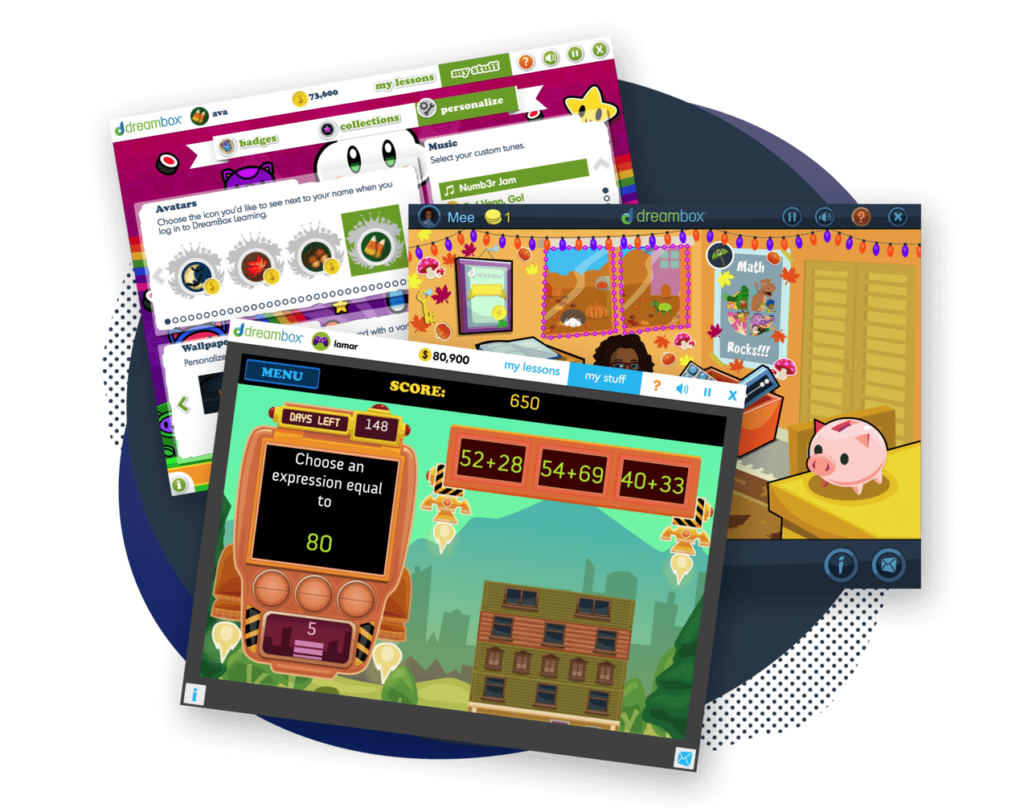
Section 2: Addition & Subtraction
Adding numbers helps us combine different amounts to find the sum, giving us the result of putting them together. Subtraction allows us to see the difference between two numbers by subtracting one value from another, helping us understand the remaining amount.
Answer: 5
Answer: 8
Answer: 7
Answer: 9
Answer: 7
Answer: 6
Answer: 1
Answer: 2
Answer: 8
Answer: 3
Section 3: Place Value
Ten frames show us the value of each digit in a number, helping us understand how they add up to make a bigger number.
1. Look at the ten frames. What number do you see?
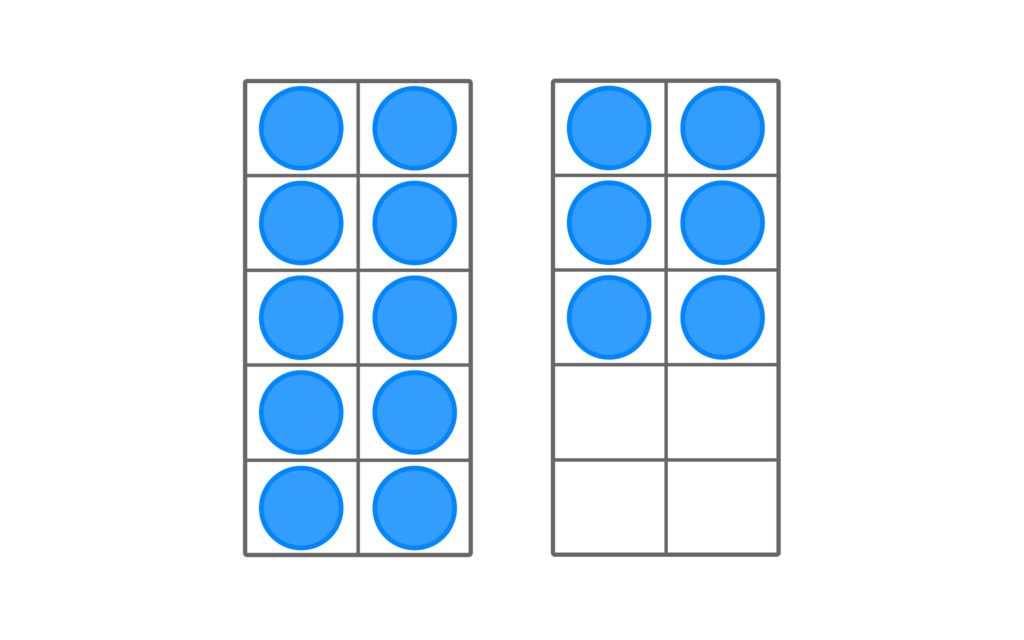
2. Look at the ten frames. What number do you see?
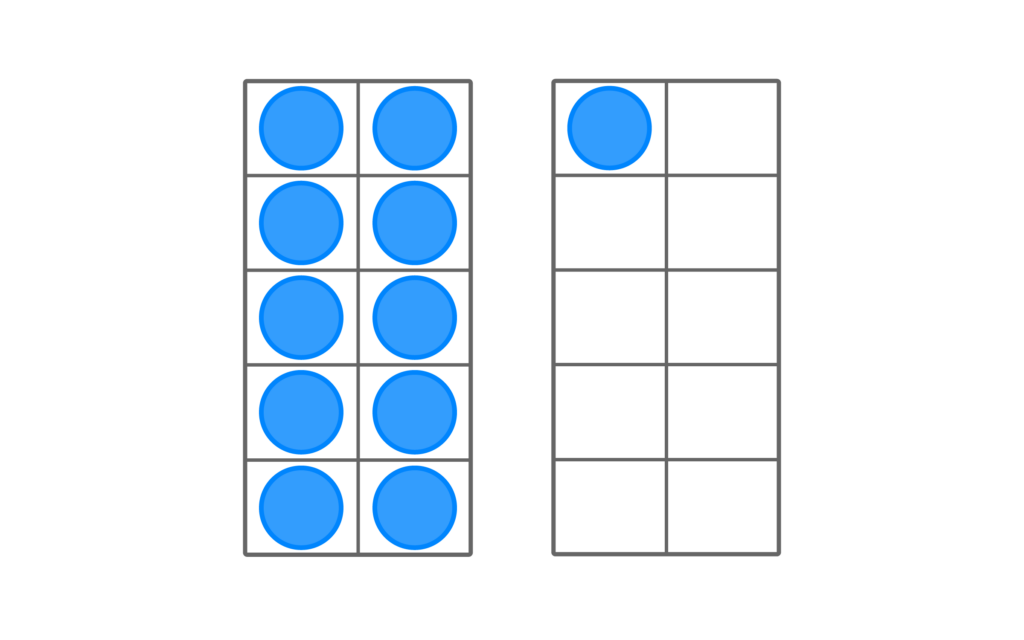
3. Look at the ten frames. What number do you see?
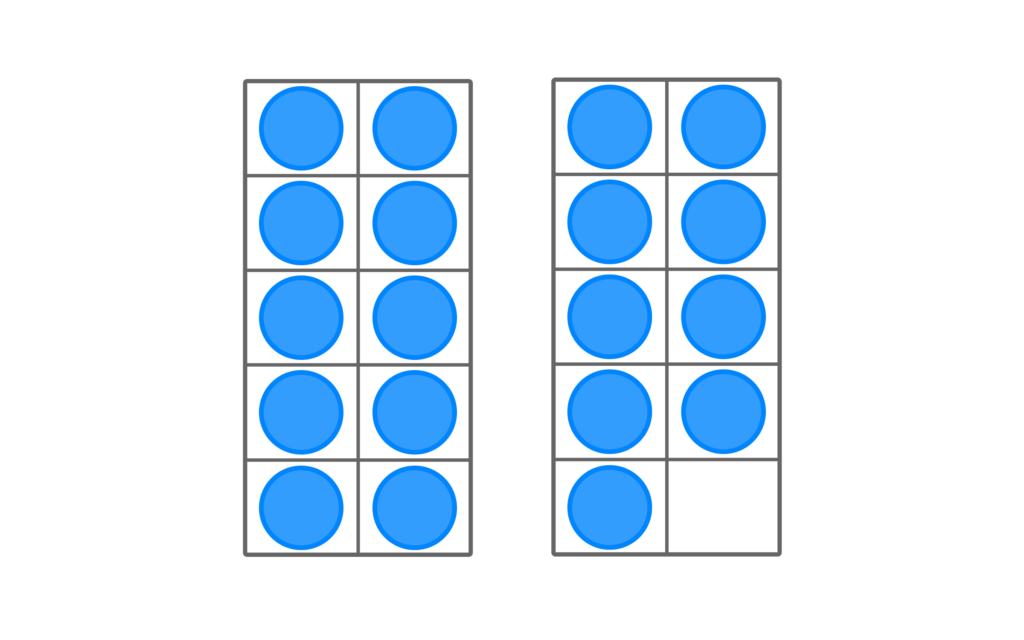
4. Look at the ten frames. What number do you see?
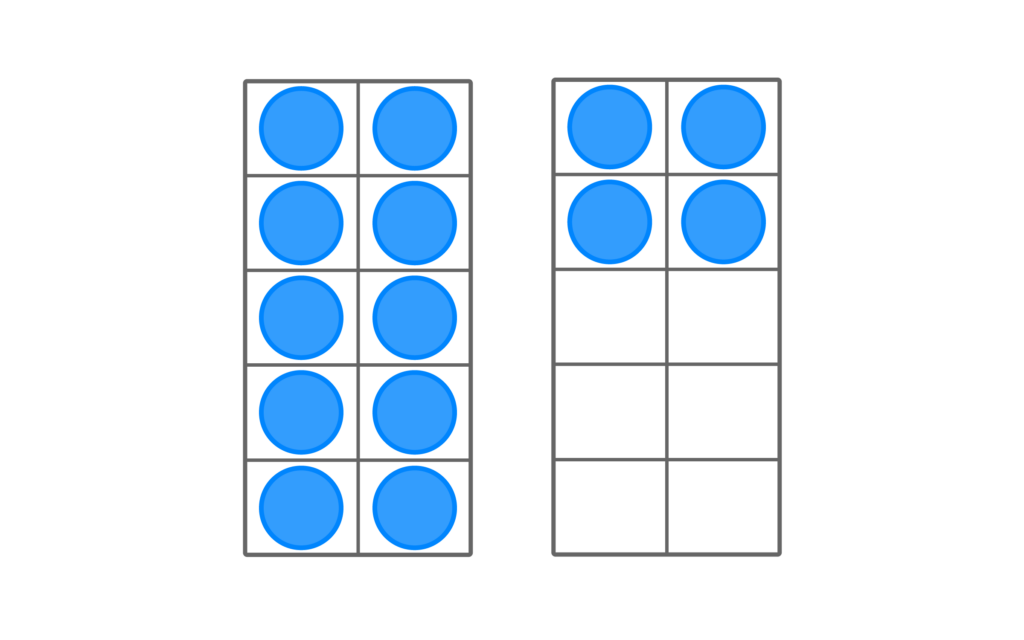
5. Look at the ten frames. What number do you see?
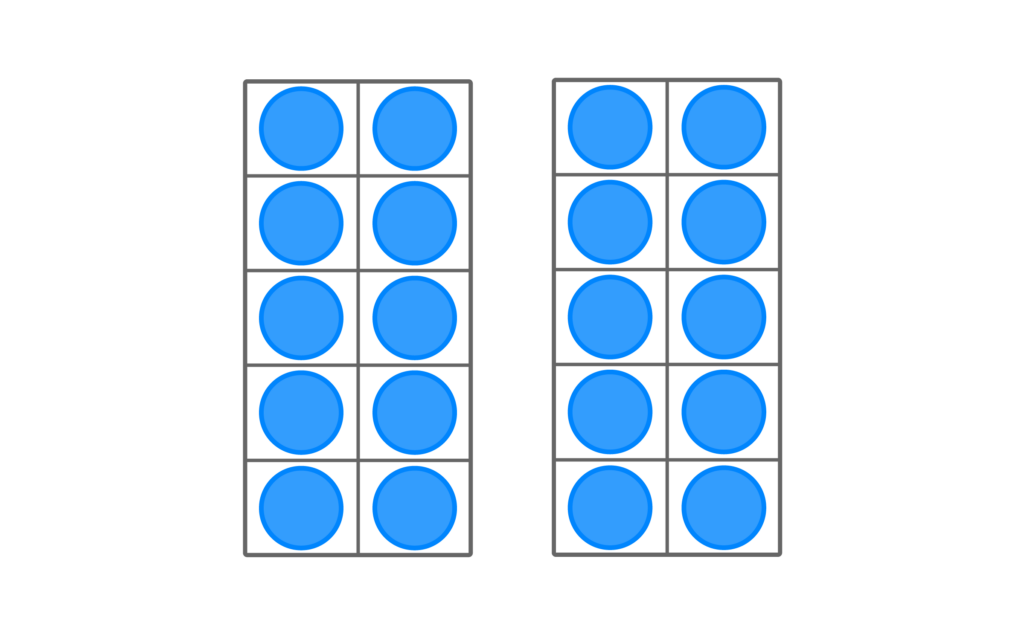
6. Look at the ten frames. What number do you see?
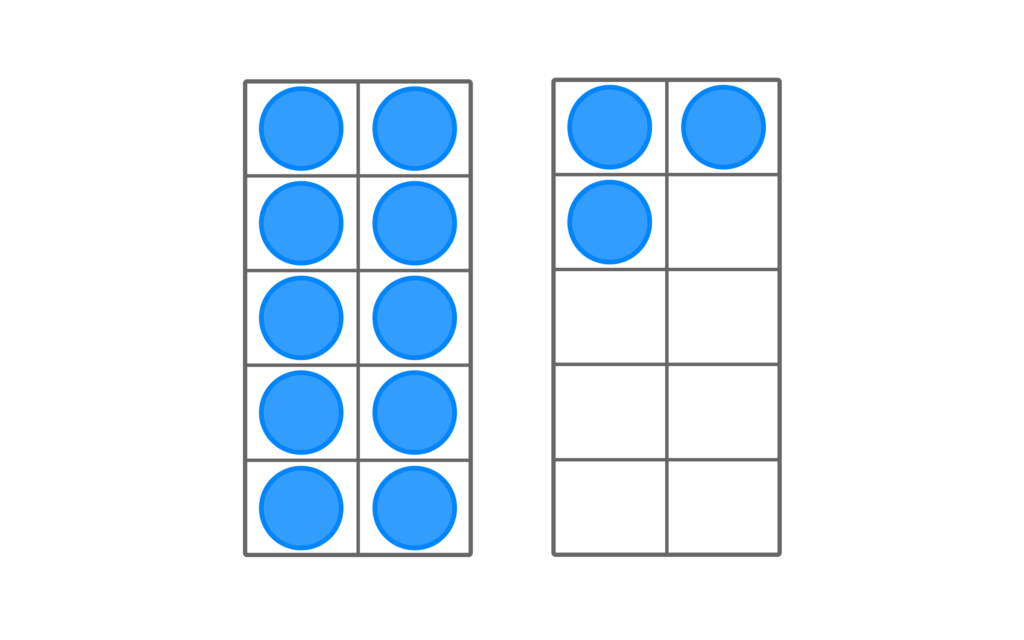
7. Look at the ten frames. What number do you see?
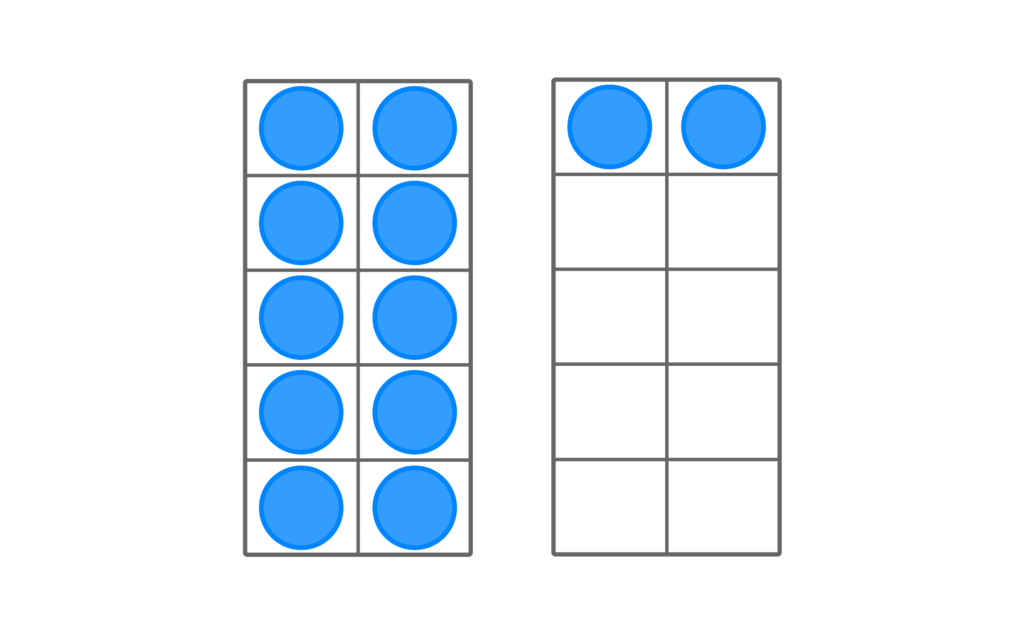
8. Look at the ten frames. What number do you see?
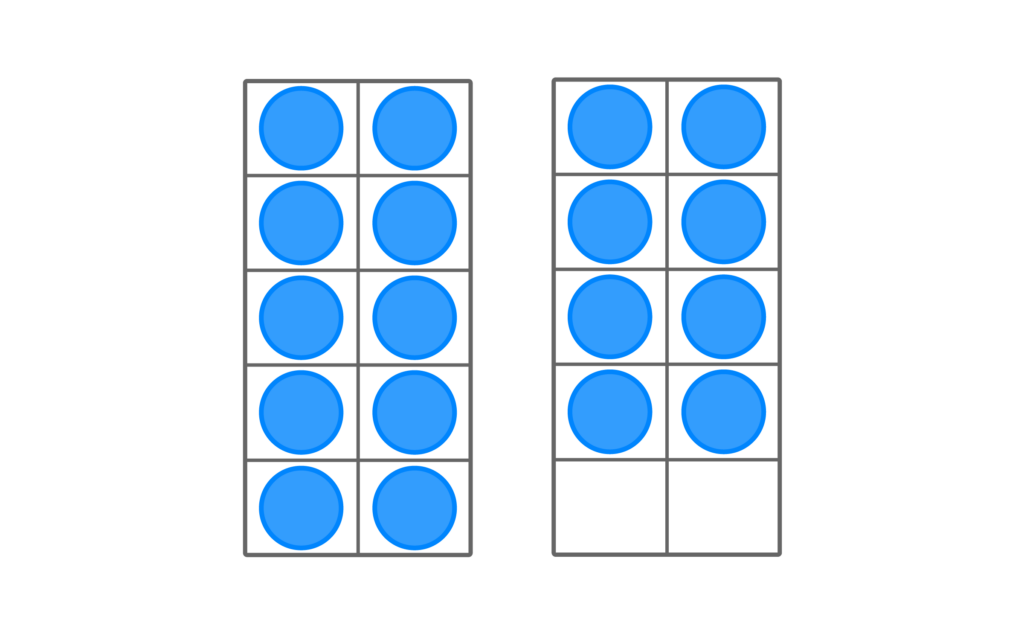
9. Look at the ten frames. What number do you see?
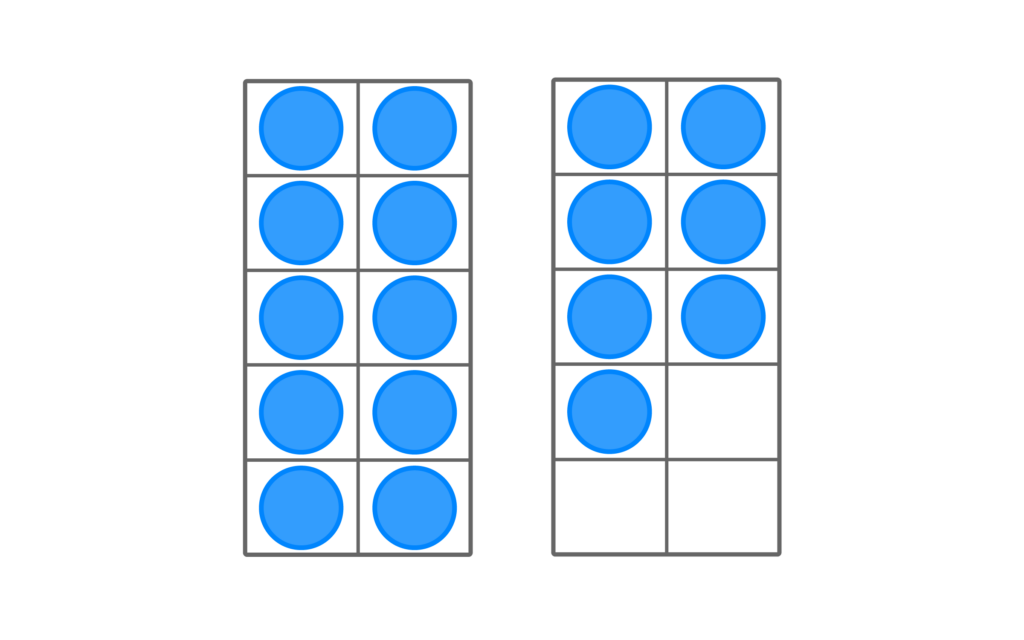
10. Look at the ten frames. What number do you see?
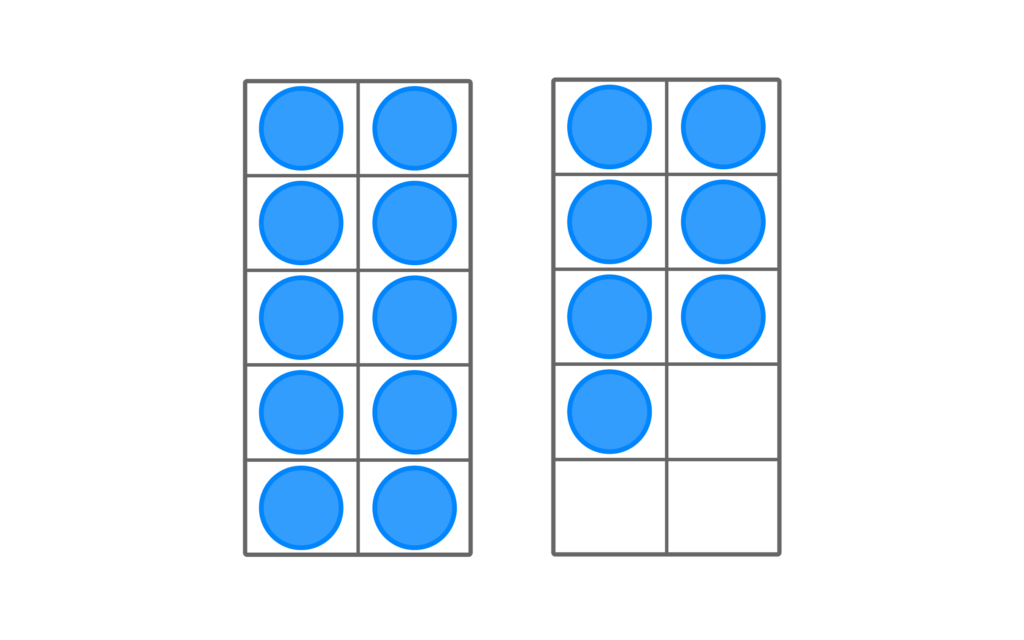
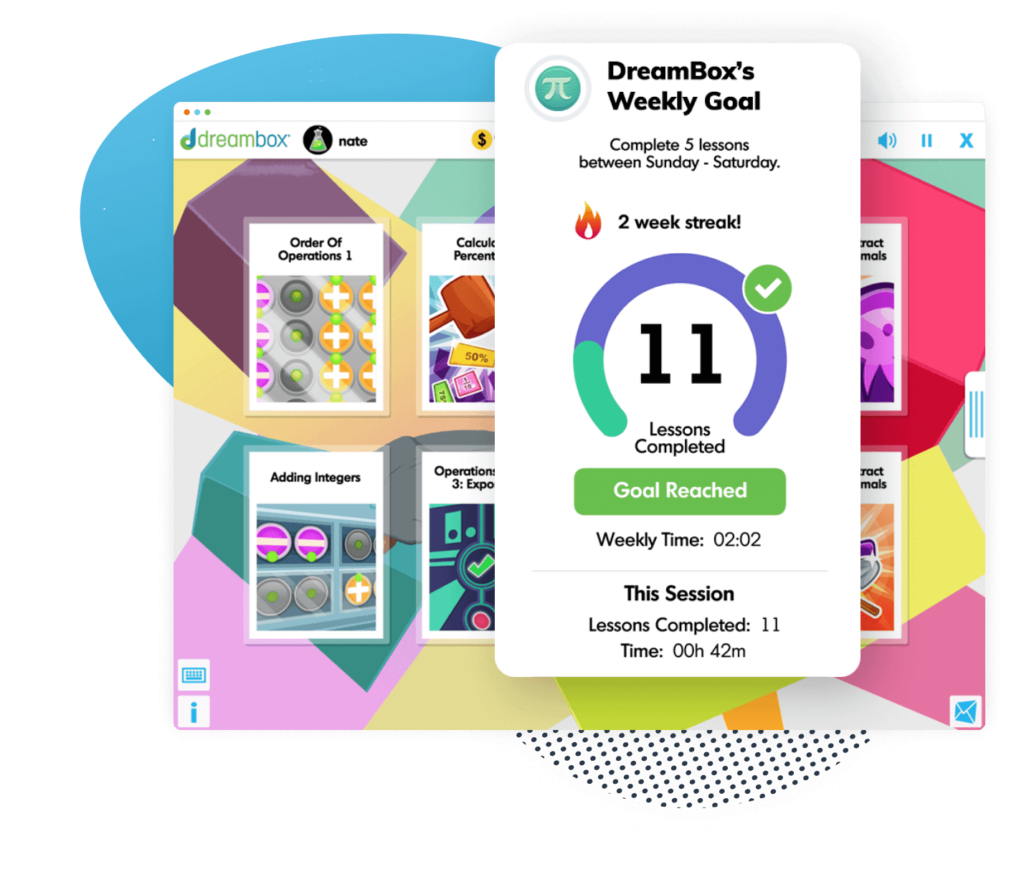
The math program that drives results
Get started today!
DreamBox adapts to your child’s level and learning needs, ensuring they are appropriately challenged and get confidence-building wins.
Section 4: Measurement
When we measure things, we use the words’ bigger’ and ‘smaller’ to compare them and see which is larger or smaller in size, amount, or value.
1. Which polar bear is bigger?

2. Which snake is bigger?

3. Which Cat is bigger?

4. Which octopus is bigger?
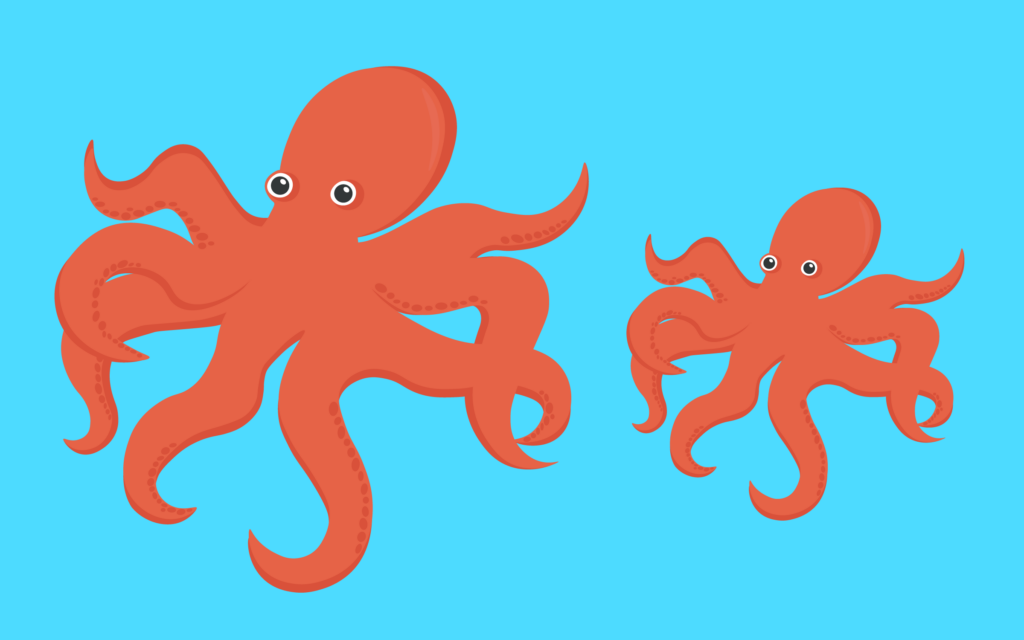
5. Which penguin is bigger?

6. Which frog is smaller?
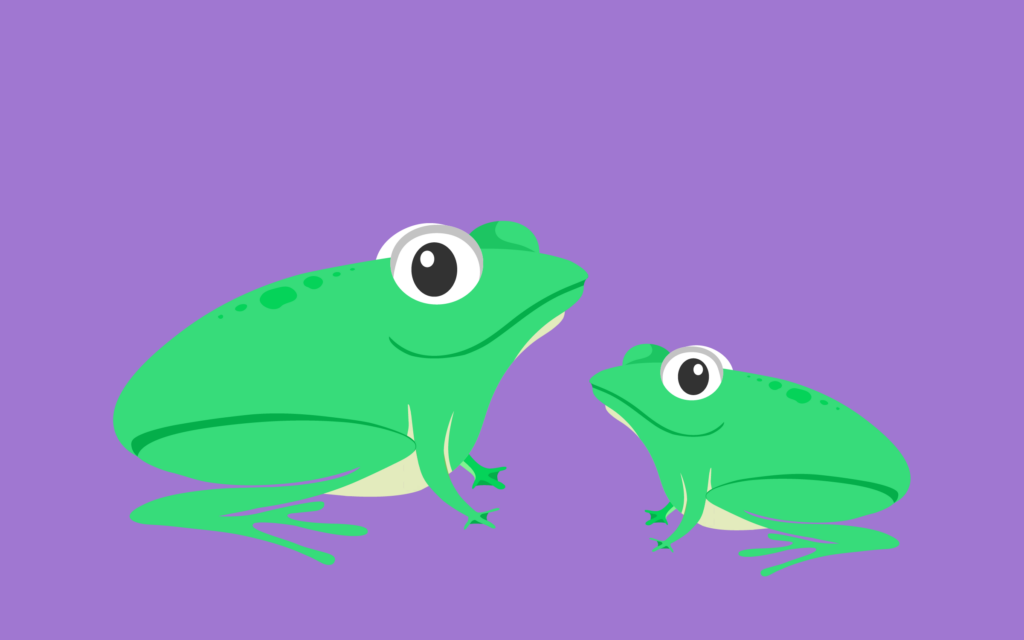
7. Which turtle is smaller?
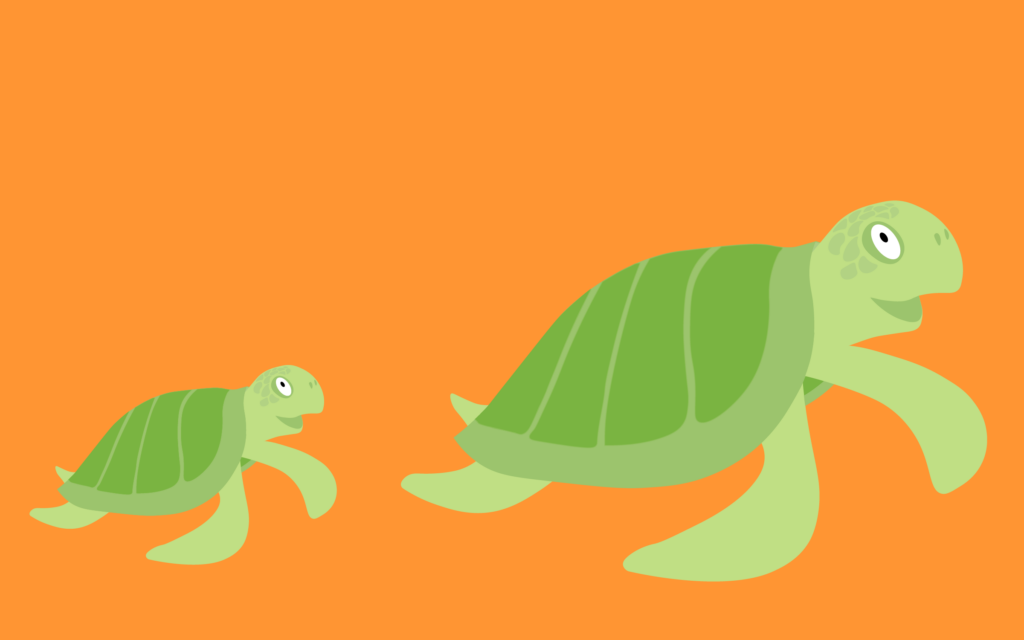
8. Which Eagle is smaller?
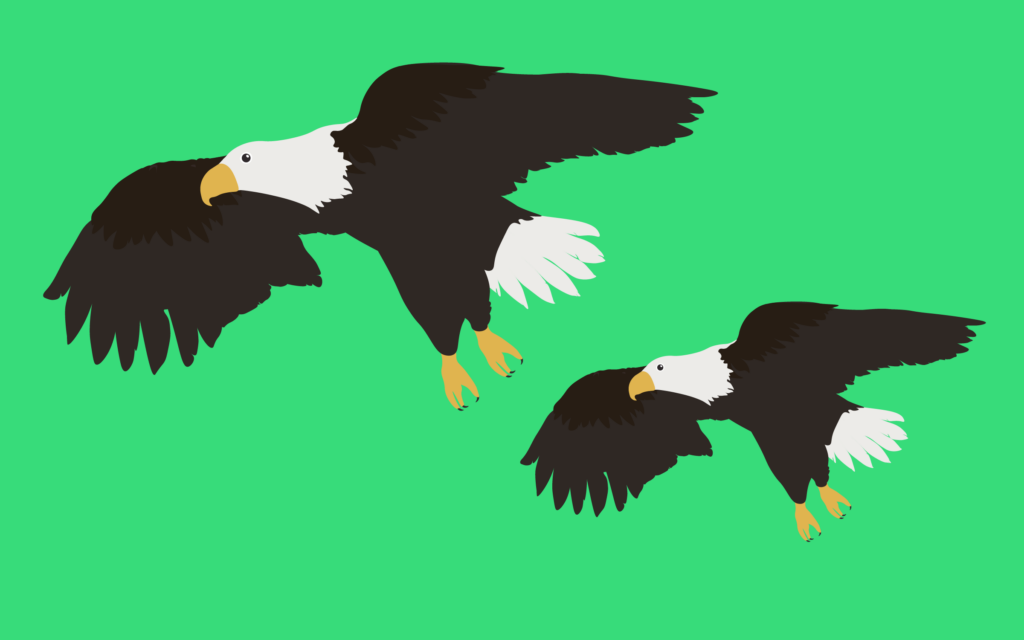
9. Which Parrot is smaller?
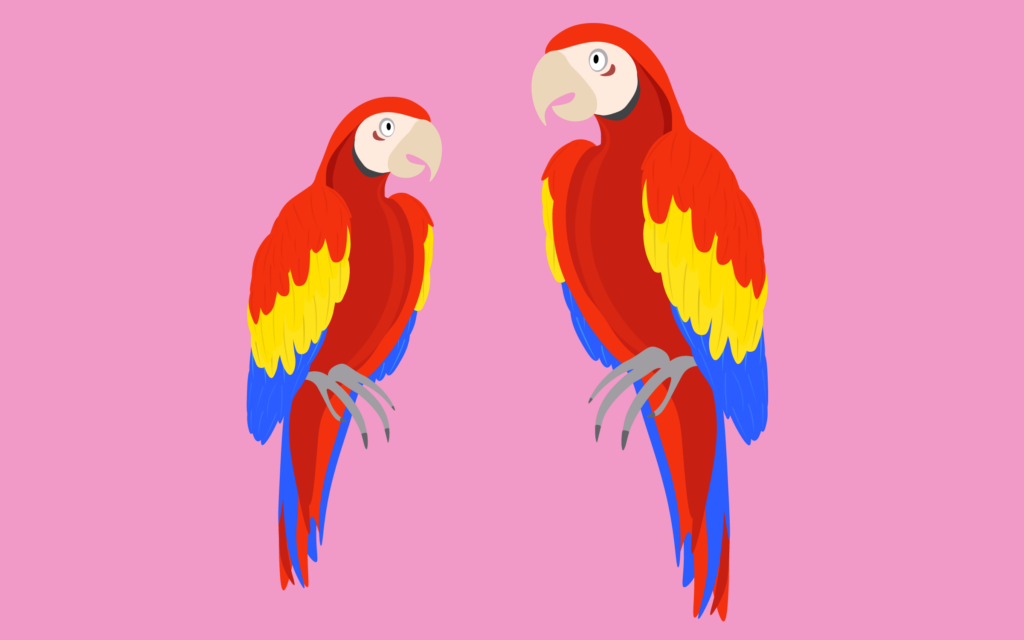
10. Which leopard is smaller?

Section 5: Geometry
We can identify and name different shapes by looking at their features, such as the number of sides and how they are arranged.
1. Name the shape.

2. Name the shape.

3. Name the shape.

4. Name the shape.
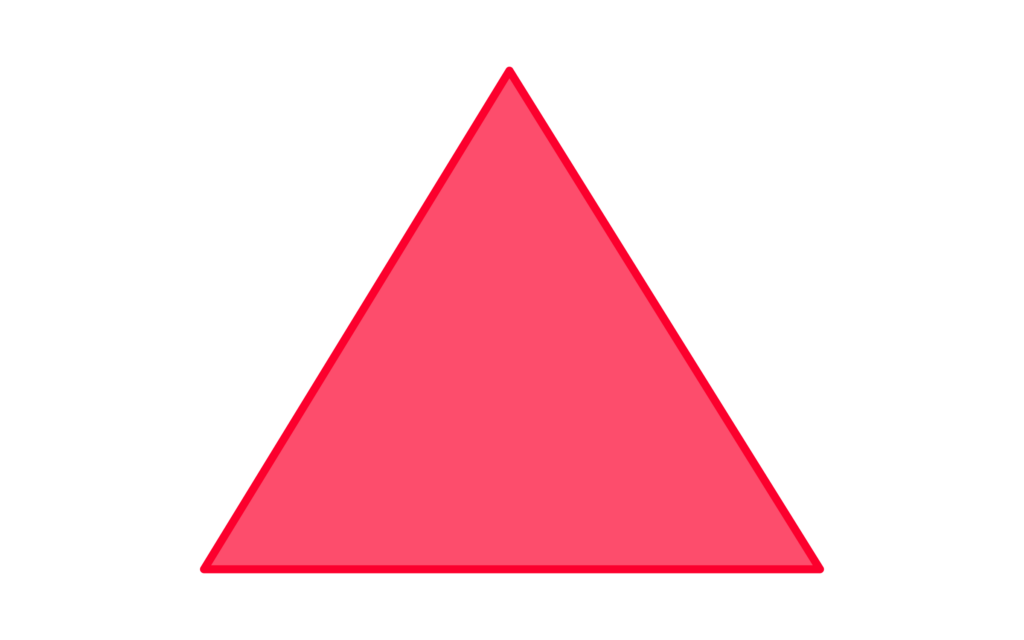
5. Name the shape.
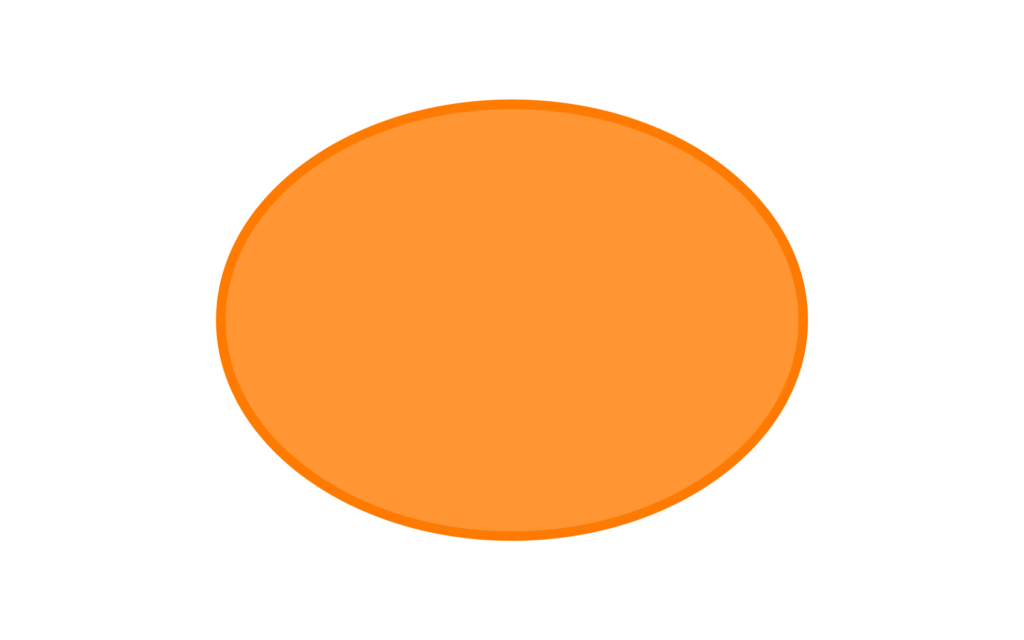
6. Name the shape.
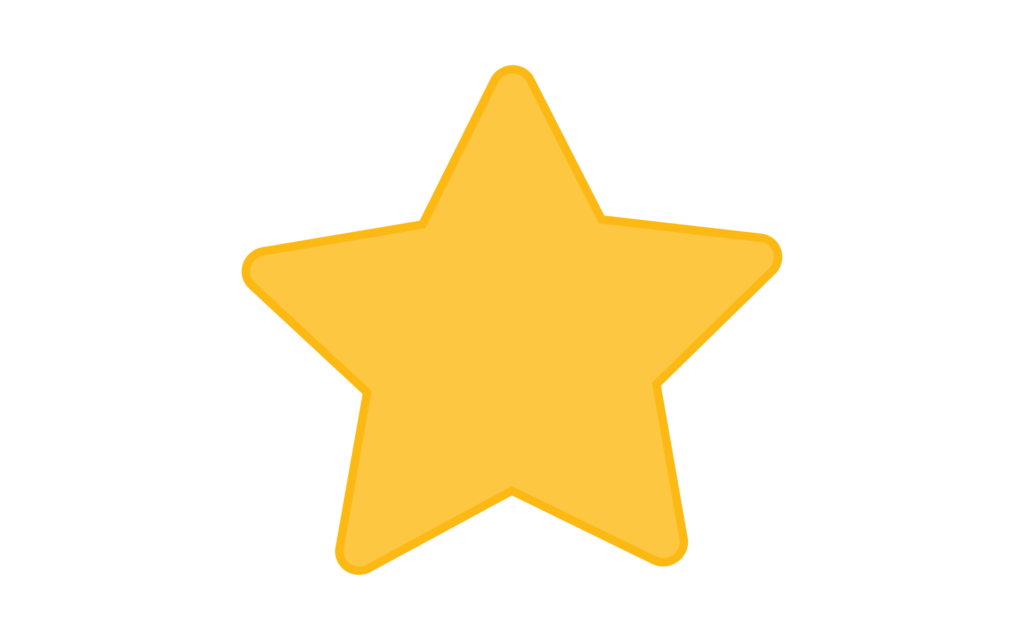
7. Name the shape.

8. Name the shape.

9. Name the shape.
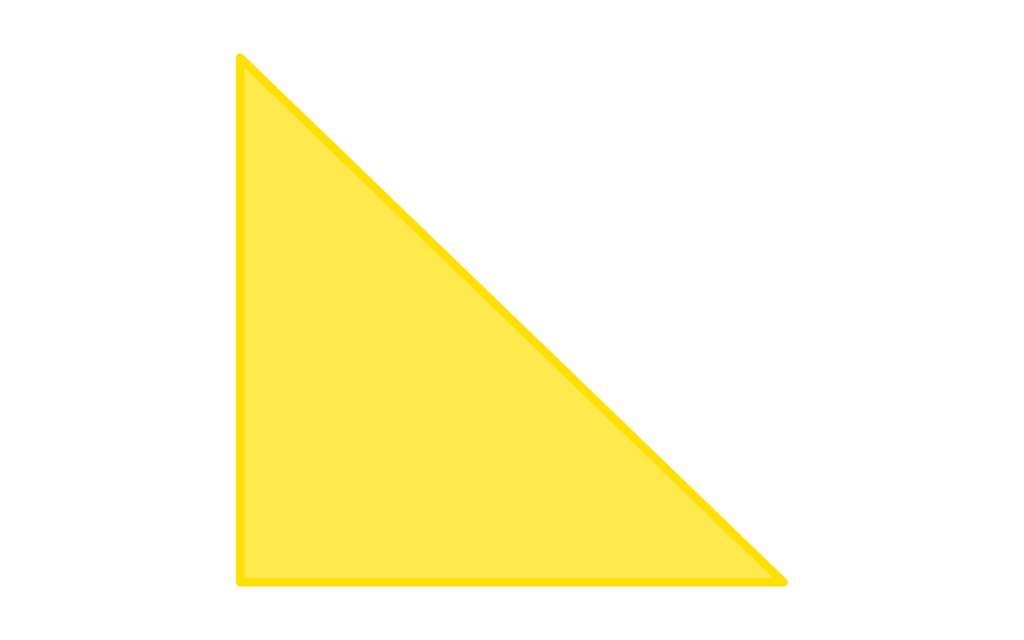
10. Name the shape.

Place Value Answer Sheet
- 10, 6
- 10, 1
- 10, 9
- 10, 4
- 10, 10
- 10, 3
- 10, 2
- 10, 8
- 10, 5
- 10, 7
Measurement Answer Sheet
- Right
- Left
- Right
- Left
- Left
- Right
- Left
- Right
- Left
- Right
Geometry Answer Sheet
- Circle
- Square
- Rectangle
- Triangle
- Oval
- Star
- Circle
- Rectangle
- Triangle
- Heart
Take at home math practice to the next level
Empowering parents and educators to make math practice more impactful. Plus, your kids will love it.


